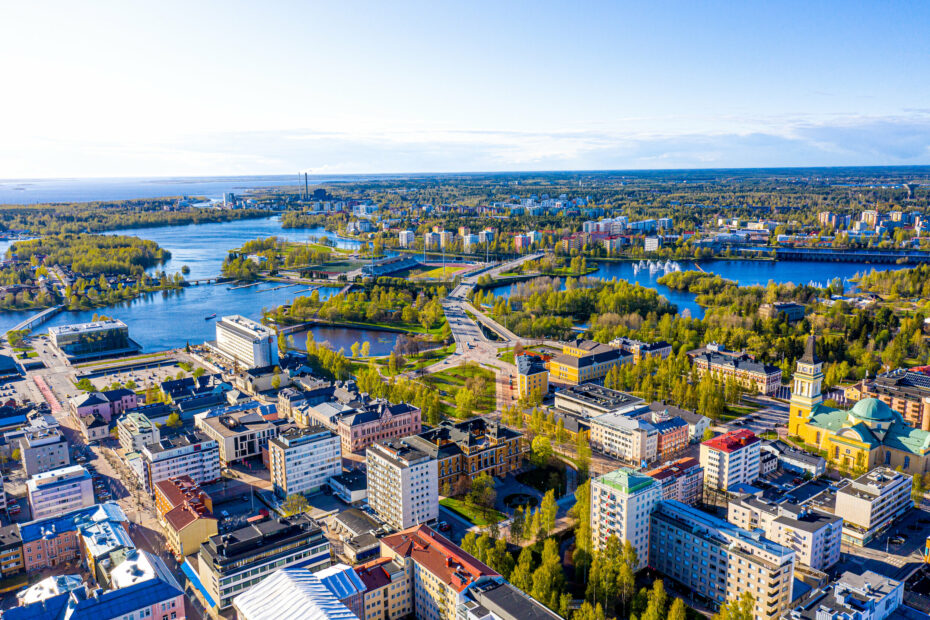Environmental issues are typically cast in present and future terms – the current climate crisis, or goals for 2030 or 2050. Yet the past is prelude – it informs our current situation and shapes our capacity to imagine future choices. The fourth World Congress in Environmental History will centre history in the global discussion about critical environmental challenges. In choosing Transitions, Transformations and Transdisciplinarity as key themes of the conference, the organizers aim to emphasize both the arc of time and the importance of bringing diverse approaches to bear on contemporary problems; the conference will thus illuminate the value of historical understandings that go far beyond the discipline of history. In other words, we understand environmental history to be an evolving practice, one that is created in conversation across multiple fields, concerns, and communities.
Environmental historians have much to contribute to multiple audiences; but they should wisely seek points of critical connection with other disciplines that value historical evidence and thinking. Similarly, the social sciences and humanities outside of history have much to learn from historically rich understandings of environments.
Held in Finland in 2024, WCEH4 will showcase the historical and human dimensions of environmental change, working closely with Biodiverse Anthropocenes, a transdisciplinary research programme co-funded by Academy of Finland Profi6 and the University of Oulu.
World Congresses are spaces for connecting and communicating, they form catchments for ideas. Inspired by the natural diversity at Oulu – an estuarine city of forests and farms on a northern coastline, whose etymology has been linked to the Sami term for melted snow or floodwater – we encourage participants to consider questions of difference and co-existence, and our place in scholarly as well as social landscapes.
WCEH4 will be an exciting, inclusive, and encouraging event. In the wake of the COVID-19 pandemic, we envisage a conference centred on its Nordic venue and promoting a variety of in-person exchanges that will reinvigorate the human dynamic outside the digital. In reflection of the global mandate of the International Consortium of Environmental History Organizations (ICEHO), we also plan innovative programming to cultivate involvement from colleagues around the world.
Image: Oulu, Finland. Source: ICEHO website.
